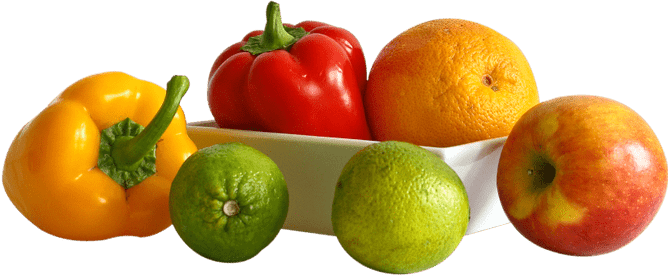Want to know what the difference between a dietitian and a nutritionist is? How do you become one? Where to get good help? Coffee and salt how much is ok? What about dairy in your diet? Some of these questions have been explored here in this FAQ page from the NZ Nutrition Foundation website.
We (NZNF) are asked a wide range of questions on an equally wide range of topics from our members and the public. Below we have compiled a list of our more frequently asked questions.
I want to talk to someone about my diet. How do I find a dietitian or nutritionist close to me?
We suggest you visit the website of Dietitians NZ or the Nutrition Society of New Zealand.
What is the difference between a dietitian and a nutritionist?
A dietitian works in hospitals, private practice and the community. Dietitians have a degree in human nutrition and a post-graduate qualification in dietetics, and are registered by the Dietitians Board.
The title ‘nutritionist’ is not protected, meaning anyone can use this title without scientific training and credentials. The NZ Nutrition Foundation recommends that a qualified nutritionist has a minimum qualification of an undergraduate science degree with a major in Human Nutrition. The Nutrition Society of New Zealand has a professional register of ‘Registered Nutritionists’ and ‘Associate Registered Nutritionists’ (https://www.nutritionsociety.ac.nz/find-a-nutritionist). These titles are protected and recognise nutritionists with relevant qualifications, work experience, a high standard of professional conduct, and a commitment to continued professional development. Registered Nutritionists are registered in their field of expertise: Private Practice, Public Health, Scientific Research (Academic), Scientific Research (Industrial), Education, Industry, Food-service, Nutrition Communication. Associate Registered Nutritionists are working towards full registration by obtaining relevant work experience.
I see so many supplements for sale, do I need to be taking them, and which ones?
If you eat a healthy, balanced diet this should cover all your vitamin and mineral needs. The beauty of food is that it contains many other compounds which work together with the vitamins and minerals for health – compounds such as antioxidants, fibre and phytochemicals. A supplement only provides a large amount of a single vitamin or mineral. Many studies have shown these high doses do not work as effectively as eating the vitamin or mineral from foods. Supplements may be recommended in specific cases. If you think you need supplements consult your doctor or a registered dietitian.
Do I need to drink 8 glasses of water every day?
An average adult needs to drink around 8 glasses of fluid each day – this fluid includes all drinks like tea, coffee, juice, etc. You will need to drink more fluid in the heat of summer, and when you exercise. Another source of water is from the food we eat, for example, watermelon and strawberries contain large amounts of water.
Is it OK to eat dairy products? I have read in the newspaper that they are fattening?
The Ministry of Health recommends a balanced diet based on a variety of foods from the four food groups. Milk and milk products (dairy) is one of these food groups. This group is an important source of calcium, helping to give us strong bones and teeth. Dairy products also provide protein for growth and repair, carbohydrate and fat (for energy), as well as many important vitamins (such as Vitamins A and B12) and minerals (including zinc). The healthiest option is to choose low-fat milk, yoghurt and cheeses.
I keep hearing we need to eat less sodium. How much sodium should I be having in my diet? How can I work out how much sodium is in the foods I buy from the supermarket?
Most of the sodium in our diet is from eating salt (sodium chloride) in processed foods. Too much salt can make your blood pressure higher, which can increase your risk for heart disease, stroke and kidney disease. For more information on how much sodium you should include in your diet visit the Heart Foundation page here.
My workmates think I am drinking too many cups of coffee a day. Are there an ideal number of cups of coffee that we should be drinking a day?
Coffee contains many compounds – your workmates are probably thinking about the caffeine which is in your coffee. There are no firm recommendations on how much caffeine should be consumed in one day, so aim for moderation, no more than around 3 cups of brewed/espresso coffee or 6 cups of instant coffee each day.
I’m interested in nutrition and want to learn more. Where can I study nutrition in New Zealand?
There are many courses available throughout New Zealand – full-time, part-time or by correspondence, from university, polytechnic or other organisations.
Last modified by NZ Nutrition Foundation: December 2022
Consent to re-publish direct from NZ Nutrition Foundation website: 29/04/2025
Review date: 1/12/2026
Picture from: https://www.pinclipart.com/


